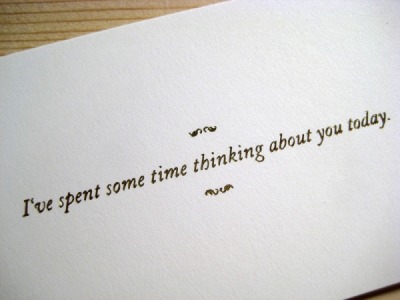
Look at More Stuff.
Robert and I have been thinking pretty heavily about the radiant model these past few days. Individual. Team. Organization. The World. We have seen plenty of each in
The
The Turks are known for their persuasive salesmanship. Every guidebook under the sun warns that you will be pressured, followed, caught up in conversation, and made to feel guilty for passing a solicitor without buying. The guidebooks are dead on.
At first I thought of them as waiters. Our western lens presupposed that the army of men at a restaurant, dressed the same, were the ones that might serve you your food. But no. Ask for a drink and they turn to one of the wild-eyed younger men dressed in black pants, an orange shirt, and a black bow tie. With curt orders they tell the young man to bring whatever you requested. The barkers are more like relationship managers. Their entire goal is to start a relationship and get you in the door. They might approach a couple of tourists as a pair, lauding the virtues of their particular establishment. If they get a win, they quickly pass off the responsibility to one or the other. Once they see you in, they will make sure that you are comfortable, but they don’t service you with anything other than conversation and the bill. And all it takes is one almost indistinguishable nod of the head from one of their partners and they stop mid-sentence and head for another mark.
Their goal is a seamless experience for their customers, and they work as a team to make that happen. When one of the orange-shirted johnnies-on-the-spot passed by, errantly dropping a french fry from his platter, one barker looked to the man talking to me. There was a silent, electric connection. Before the fry was cold, our barker snatched it up and tossed it into the
I saw a moment where one barker approached a couple, thinking they were British, and offered a string of English words intended to create some level of intimacy: “Yes, Hello, Please, Good, Yes, Good, Look, Please, Yes.” One word from the couple told him that he was off. They were Spanish. He acted. He didn’t have to say a single word more. He just looked down the railing and made eye contact with his teammate who came running up with an obsequious barrage of Spanish. Lo and behold, the couple decided to take a seat. [Editors note: I would like to attribute all sales during that evening to the young American trio seated out front, frantically writing in their journals, laughing and regaling the virtues of being done with a successful client job.]
The real moment when I realized why these guys could work so fluidly came long after dark when most of the tourists had returned to the friendly confines of their hotels and the commuters had headed home to break their fasts. Some of them stood arm in arm, smoking, looking out at the ancient city that their ancestors once knew as the center of the universe. Not talking, just gazing at the half moon and its magical effects on the water. Ties loosened. Secure that their guests were happy and in for the long haul. There was quiet. All of a sudden, one of the younger men came creeping from behind and clipped the back of the knee of one of the barkers. He nearly lost his balance, shouting expletives that don’t need translation, and then burst into laughter. All joined in and heartily slapped each other’s back. Closing time was coming soon. They too would be heading home, taking the lonely late night ferry back to their families, to their much deserved meals, but they were pleased to be together, to support each other.
Think about it harder.
How well do you know your team? Do they fast when you fast? Do they laugh when you laugh? Do they sneak up on you and try to surprise you, knock you off your feet, when you least suspect it – all out of fun? Do you need to hear their words or do you anticipate their needs? Can something as simple as a subtle nod bring them to your side?

0 comments:
Post a Comment